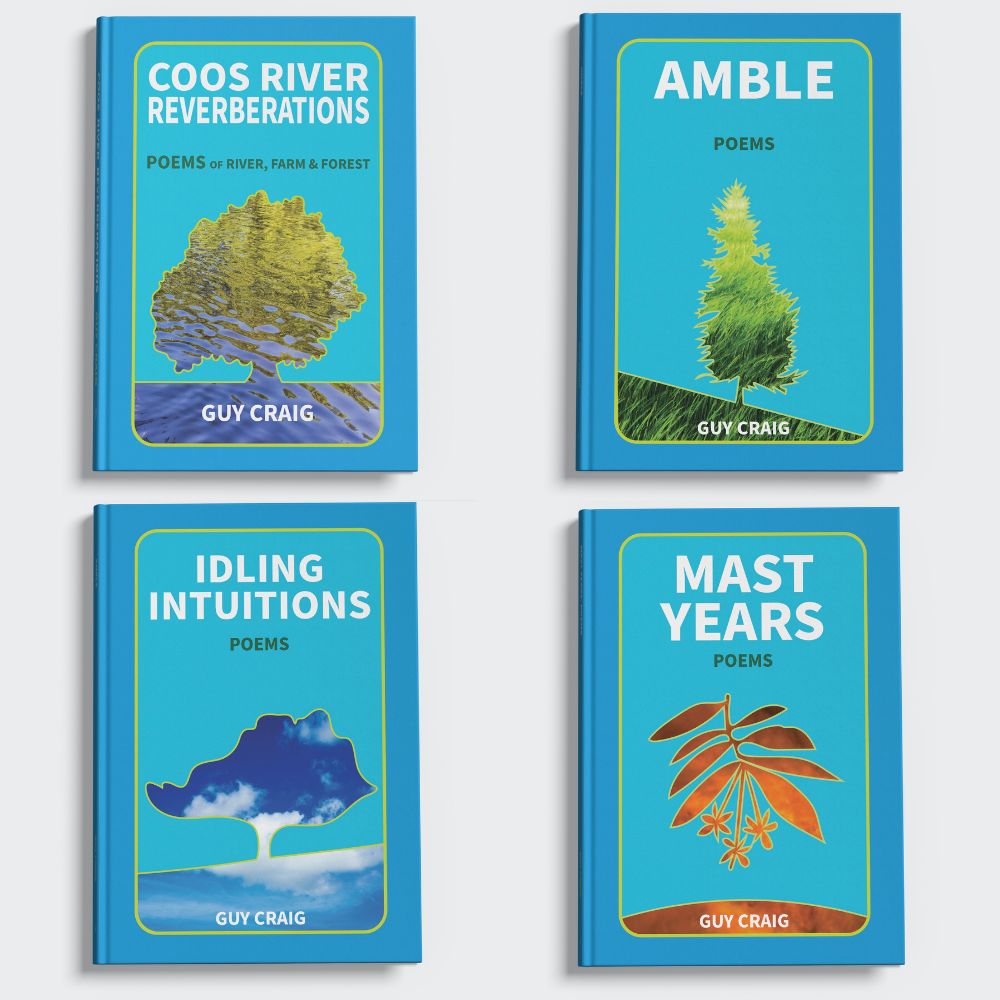5 Ways to Get Luxurious, Restorative Sleep

As the days get shorter, getting abundant sleep is the very best way to feel healthy and avoid sickness, in my opinion. I’ll bet most people agree. Experts say the benefits of sleep are plentiful: greater daytime alertness, better physical health, improved odds of longevity, and improved immune system.
I’ve tried all kinds of preventative measures to avoid winter colds, sinus infections, and fevers. And for me, sleep is my very favorite of all the wellness strategies I’ve tried, including healthy diet, regular exercise, stress reduction, and vitamin supplementation. All those things are good. But nothing beats sleep.
Earlier this year, I did a 30-day challenge called “The Sleep Cure” where I slept a minimum of 8-9 hours per night. It was wonderful. It forced me to prioritize sleep and get creative about improving the quality of my sleep.
Since then, I’ve discovered some new ways to greatly improve the quality of my own sleep. I’m not a doctor or an expert, and I’m not making any official recommendations here. But I do want to share these 5 sleep strategies that work really well for me, in my real life. Maybe they’ll help you too. Here they are:
5 Ways to Improve Sleep
- Black Out Curtains: My household bought inexpensive black out curtains to make the bedroom extra dark at night. It’s really nice to sleep in pitch blackness. We no longer have the distraction of the street lamps and neighborhood lights all night. We do have to grope around a little more to find the bathroom in the middle of the night, but it’s worth it. Also, the black out curtains make it possible to sleep in longer, since they block sunlight too. The benefits of the black out curtains are dramatic. Everyone in my family is sleeping better.
- Eliminate Unnecessary Medications: In my years-long quest to maximize sleep quality, I sometimes used Aspirin or Benadryl to help me fall and stay asleep. Usually they worked for a week or two, and then lost effectiveness. Also, I felt concerned about the long-term health consequences of taking these medications regularly. So I completely stopped using these medications about 8 months ago. I don’t miss them at all, mainly because I’ve found healthier alternatives.
- Melatonin: I’ve been using fast dissolve melatonin before bed and when I wake up in the middle of the night. This drug-free natural sleep aid really helps me fall asleep faster. I have far fewer nights where I’m laying awake in bed half the night. Melatonin has been a real game-changer for me. My sleep quality is much deeper and more consistent. I’ve been using 3mg tablets that quickly dissolve under the tongue. Melatonin is a natural hormone produced by the body; the supplements are inexpensive and sold over the counter.
- Sleep Cycle App: A naturopath colleague I work with, Dr. Ruth Hobson, gave me a couple sleep improvement suggestions that took me by surprise. One of them is the free “Sleep Cycle” app, which I use to track my sleep cycles and duration each night. It’s kind of fun to check each morning. It shows a graph with phases of deep sleep, light sleep, and wake ups. It’s nice to have have “proof” that I really fell asleep deeply or slept for 8 hours. The app isn’t perfectly accurate, but it’s close enough to be really helpful. So far I’ve used it 173 times. I find myself wanting to “perform well” for the app by getting plenty of good sleep. It’s the laziest way to feel accomplished and productive! 🙂
- Lavender Oil: This is the other suggestion from Dr. Ruth Hobson that took me by surprise. I’ve been putting DoTerra lavender oil on the underside of my big toes and feet. It’s crazy, but a wave of sleepiness and relaxation hits me about 30 seconds after application. My husband and 2.5-year-old son are big fans of lavender too. Quality lavender oil is a little expensive, but overall it has been worth it to experience the sleep benefits.
My household has also started using a light therapy box in the shared bathroom in the early morning. It mimics full-spectrum sunlight without the UV rays. I believe the light box will further support sleep quality and daytime alertness. I didn’t include the light box in my 5 tips, because we’ve only been using it for a few weeks. But I expect good things.
Overall, focusing on getting abundant amounts of quality sleep has provided big rewards. I’m feeling energetic and happy. I’m getting sick less often, and when I do get sick, I recover faster. This is huge to me.
As I mentioned earlier in this article, I did a 30-day “Sleep Cure” challenge earlier this year that got the ball rolling and led to these sleep improvement discoveries. My blog articles from the beginning and end of the challenge are full of additional sleep tips, facts, and observations. While I’m not a doctor or a sleep expert, I do quote the experts, and I believe personal experience is worth sharing.
I sincerely hope my blogs on sleep help support your own luxurious and restorative slumber. I wish you a sweet night of sleep tonight and every night. Thank you for reading Thoughts on the Good Life. Have a restful week!
Next Week: Do Yoga Every Day – 30-Day Challenge Wrap-Up
Photo by Ryan Hutton on Unsplash


